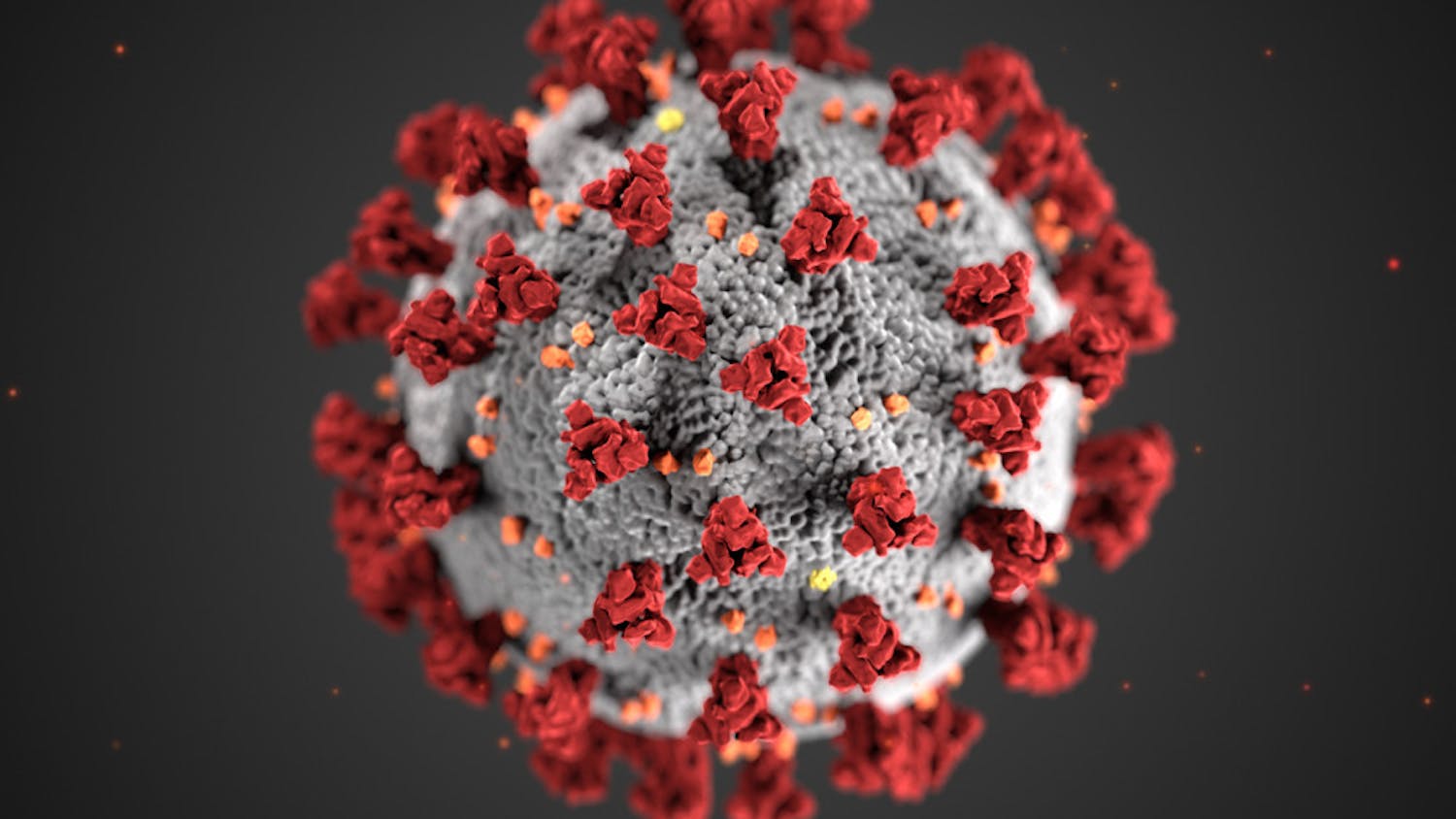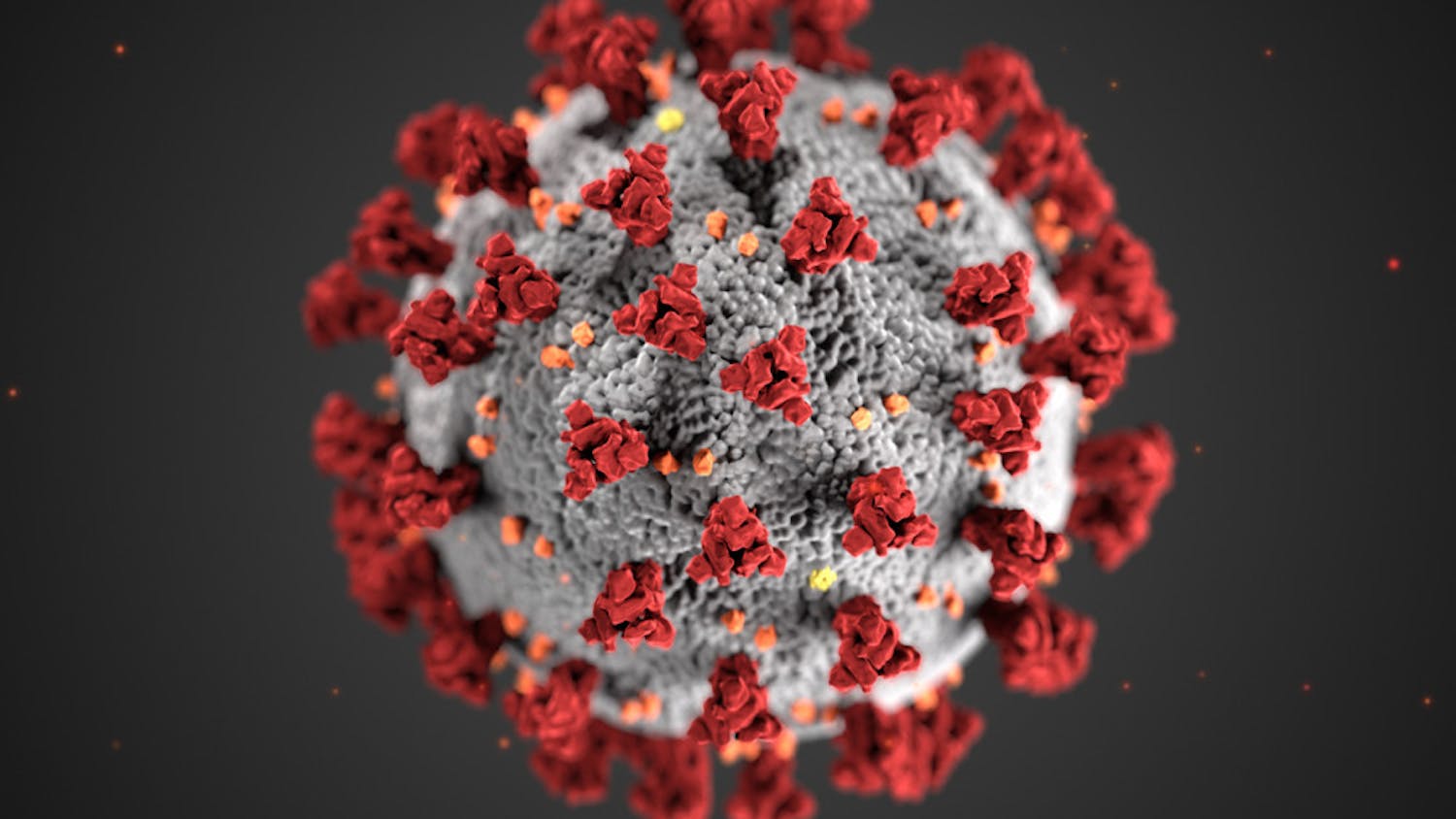In 1984, America was introduced to Cyberdyne through the science fiction film "The Terminator." Now, more than 30 years later, we're getting to know a new Cyberdyne.
Cyberdyne Inc. of Japan has created a new technology which it hopes will be applied to various fields of rehabilitation support, physical training, heavy labor support and rescue support at disaster sites.
Cyberdyne's achievement is named HAL (Hybrid Assistive Limb), a robotic suit that allows the wearer to augment their daily activities through its unique biosignal sensors that detect finite movements of the voluntary control system.
Simply put, HAL reads the most imperceptible signals that are given off from the skin when we are preparing to move, and interprets those signals into electronic cues that allow HAL to move with you, rather than move for you.
Developed by Professor Yoshiyuki Sankai of the University of Tsukuba, HAL provides a revolutionary step in aiding both para- and quadriplegic patients as well as giving the extra strength that relief and rescue workers may need in times of disaster. The suit allows the wearer to lift 88 pounds more than what he could normally lift and aids the endurance of the occupant by taking the strain off the human form and placing it on the robot's hydraulics.
Yet however benevolent the intentions of the creators of HAL are, the situation is still ironic.
In the "Terminator" franchise, the machines refer to themselves as cyborgs, as "living tissue over a metal endoskeleton." The irony here is that the Series 800 Model 101s that Arnold Schwarzenegger portrayed are machine on the inside, human on the outside. In reality, HAL is the outer machine covering that protects the living tissue of the human inside.
As stated in promotional videos, "[HAL is] the attempt to unite human with machine ... In other words, cyborg technology's breakthrough has been expected, all over the world." Even in Forbes magazine, HAL is being lauded as the "Rise of the Cyborg."
It's no secret that one of the underlying goals of technology these days is to unite human with machine. Just look at recent breakthroughs such as the iPad and even something as simple as TiVo. Integration is the name of the game, and both Cyberdyne and Yoshiyuki Sankai recognize this.
"My basic motivation is to develop devices to enhance and expand human ability," Sankai said.
As of today, the unit (and its newest iteration, the lighter and leaner lower-body suit which was showcased at this year's International Forum on Cybernics) is available for rental at the rate of $2,200 per month and must be recharged every five hours.
But for all the Tony Stark wannabes, the chance to feel like Iron Man is priceless.





